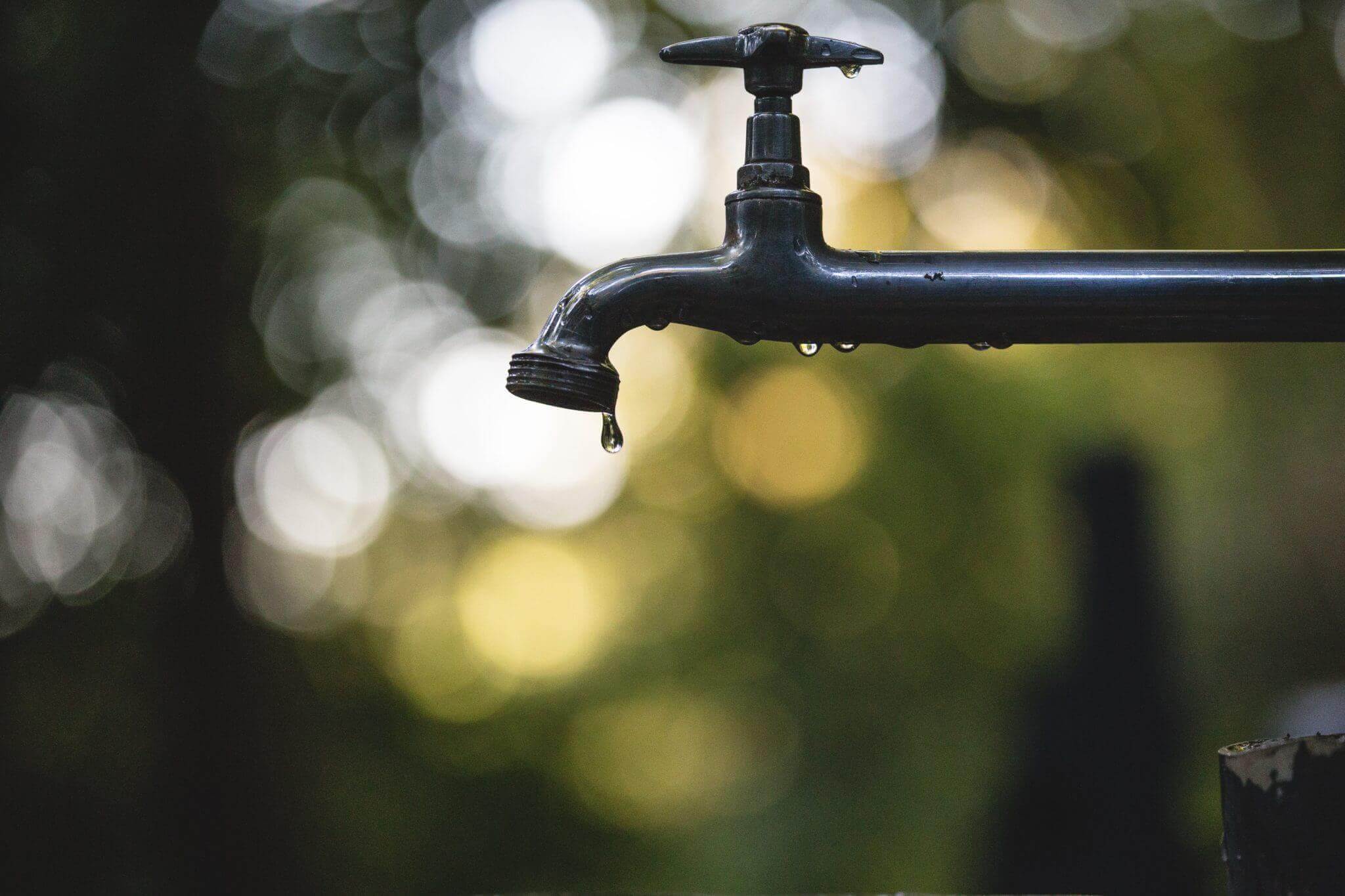In Tanzania, over 23 million people do not have access to clean drinking water and almost twice as many do not use improved sanitation facilities. This is a health crisis: Tens of thousands die every year from preventable diarrheal disease.
In response, the USAID/Tanzania Water Resources Integration Development Initiative (WARIDI), led by Tetra Tech, worked to increase access to clean water and improved sanitation for rural and peri-urban communities in Tanzania.
Resonance supported WARIDI by identifying avenues for the project to partner with private companies to amplify the impact, scale, and innovation of its water, sanitation, and hygiene (WASH) activities.
Resonance designed and launched cross-sector partnerships spanning a range of WASH challenges in Tanzania. Each partnership sought to improve WASH delivery in Tanzania by harnessing private sector resources—technologies, expertise, co-finance, and innovation—to create a solution that could potentially extend and expand beyond the five-year WARIDI project.
Throughout, Resonance, WARIDI, and private sector partners engaged local government and community-level actors to ensure local ownership over private sector solutions, to enhance long-term sustainability.
4 Private-Sector Partnerships to Improve Water, Sanitation, and Hygiene in Tanzania
During our time on WARIDI, we designed, built, and implemented 15 private-sector partnerships. Let's take a closer look at four of these cross-sector partnerships and review how these strategic partnerships created new technologies, expanded financing opportunities, and scaled WASH products in Tanzania.
1. eWaterPay
In Tanzania—and across Sub-Saharan Africa—a significant percentage of the water that is processed by a water system is classified as “non-revenue water.” This is water that is lost due to leaks, faulty pipes, illegal use, or inefficient revenue collection. In rural Tanzania, this often means that community water authorities do not collect enough revenue to maintain or improve water infrastructure or ensure consistent water access for the communities they serve.
Leveraging a strategic private-sector partnership, WARIDI collaborated with eWaterPay to pilot the company’s smart meter technology in rural communities. eWaterPay’s digital water dispensers allow community members to pre-pay for water at village water points. For village water points, the eWaterPay technology ensures that all water revenue is tracked and transparently used by water authorities to reinvest in needed maintenance and improvements to the water system. The eWaterPay technology allows community members to pre-pay for water through mobile money or cash and use their water credit—loaded onto their household’s eWaterPay tag—to access water at the tap. eWaterPay also provides water authorities with a digital dashboard that captures and processes huge volumes of real-time data on liters of water sold, revenue collected, number of users at each water point, and any detected leaks or malfunctions in the water system.
WARIDI and eWaterPay piloted the system in four villages, serving about 23,000 people. Our final evaluation found that the eWaterPay technology substantially reduced the time community members spent collecting water and increased water availability from 10 hours to 24 hours per day. After this partnership pilot, eWaterPay was awarded a World Bank-funded grant to install 650 prepaid water dispensers in Dodoma and Singida to significantly scale its sustainable impact.
2. LIXIL
LIXIL—a Japanese company that owns global brands such as American Standard, GROHE, and INAX—has been working to tackle the challenge of marketing quality toilet products to some of the world’s poorest communities. It has developed a product line called SATO (“Safe Toilet”) for quality improved latrines that sell for about USD $3.50-$5.00 in developing markets. SATO latrines are affordable and good quality, and they vastly improve user comfort and hygiene for basic pit latrines.
WARIDI worked with LIXIL to support the distribution of SATO latrines in the rural and peri-urban areas served by the project, drawing on WARIDI’s connections to communities and village microenterprises. Through the partnership, we connected LIXIL to hundreds of small retailers; helped the company identify wholesalers and regional distributors; and worked with LIXIL to cultivate a network of masons trained to install SATO products for rural customers. Over the partnership period, the partners sold nearly 5,000 SATO latrines in WARIDI-supported areas.
3. Medentech
Medentech manufactures Aquatabs, which is an internationally recognized, highly effective, and affordable water treatment (chlorination) product. Aquatabs is known mainly as a “point of use” water treatment option—used mainly for water treatment by households or relief agencies. However, Medentech has developed two newer Aquatab products that can treat water at “point of collection” for institutions (such as schools or hospitals) or entire village water systems serving thousands of people.
Resonance facilitated a partnership between WARIDI, Medentech, and Tanzanian community water authorities to pilot two solutions—Aquatabs Flo and Aquatabs In Line—in the real-world context of a community water system serving 13,000 people.
We worked with Medentech to design, launch, and monitor the pilot. Our evaluation found that, in a well-functioning water system, Aquatabs InLine could be an apt solution to treat water at a relatively large scale. The majority of interviewed water users were satisfied with Medentech water treatment, and over half reported that they’d be willing to pay a higher water tariff to invest in water treatment.
4. Water.org
For rural water authorities, it is extremely difficult to access affordable finance for critical investments in water infrastructure. Water.org is an international NGO that works to unlock finance for improved water and sanitation, in partnership with local banks and development finance institutions (DFIs).
Resonance and WARIDI partnered with Water.org to:
- Train local water authorities on water tariff setting, facility management, business planning, and financial management to help them better manage and repay loans.
- Co-design appropriate financial products with Water.org’s local financial institution partners.
- Connect local water authorities to local banks and financial institutions for future financing.
Learn 5 Tips for Collaborating with the Private Sector on Water, Sanitation, and Hygiene (WASH)
Cross-Sector Collaboration to Unlock Access to Clean Water and Sanitation in Tanzania
As WARIDI has demonstrated in Tanzania, leveraging the private sector’s strengths paves the path toward lasting market-led sanitation solutions.
The international development community has a better chance of reaching their WASH goals faster, more sustainably, and at scale when they consult a partnership development expert. Experienced consultants provide customizable private sector engagement tools, map private sector partners, apply a market-based lens to problem-solving, and deploy best practices to ensure successful collaboration for WASH and water security.
Editor’s Note: This post has been updated for accuracy and current best practices.




